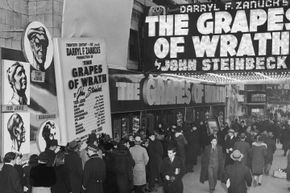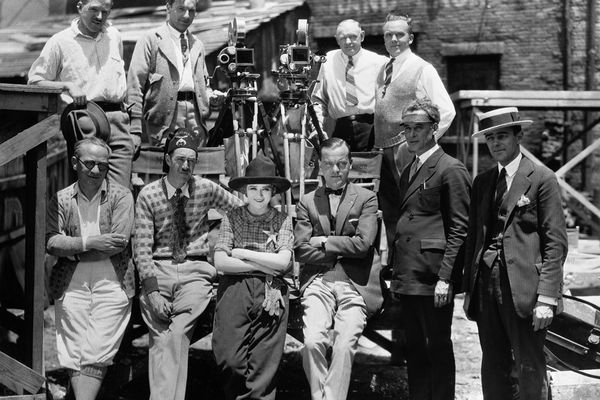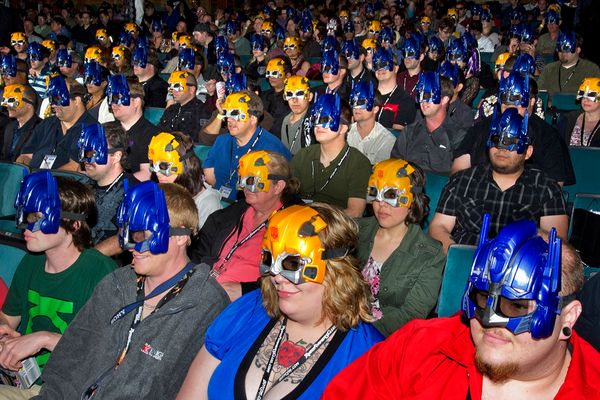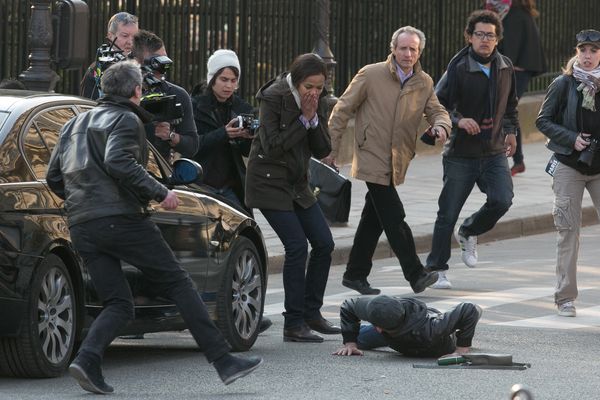Check out Variety, your favorite entertainment blog or even your local paper on Sunday and you're likely to see a wrap-up of the weekend's box office. Of course, the weekend totals typically include Friday through Sunday, but in an effort to meet those all-important deadlines, reporters traditionally run with projected totals, before Sunday's audience has even had a chance to choose a film.
While the actual weekend data isn't available until Monday afternoon or night, the box office estimates reported on Sunday are surprisingly accurate most of the time. Do entertainment reporters have the ability to see into the future? Nope, but they do have a certain level of skill when it comes to analyzing patterns at the box office.
Advertisement
Theater owners report ticket sales on Friday and Saturday in real time, and major industry data services cover roughly 90 percent of theaters, so the numbers from the early weekend are fairly well-established by Sunday. Using these numbers, anyone with a bit of box office know-how can make a fairly good guess at Sunday's ticket sales and thus, at the total weekend box office.
Curious how they are able to predict how much each movie will make when the weekend is only two-thirds of the way through? Read on to find out how patterns provide vital clues to Sunday sales.
Advertisement





